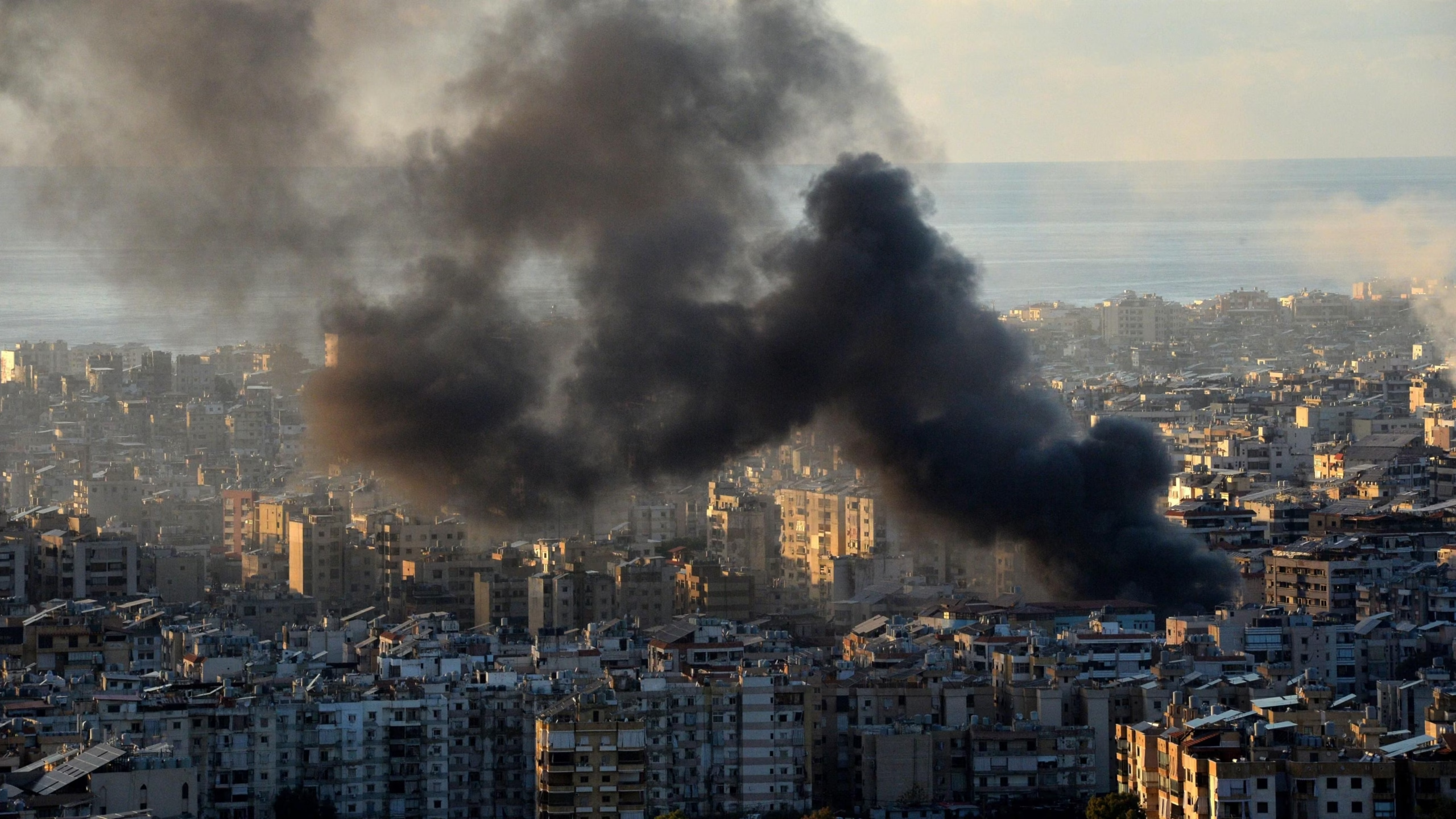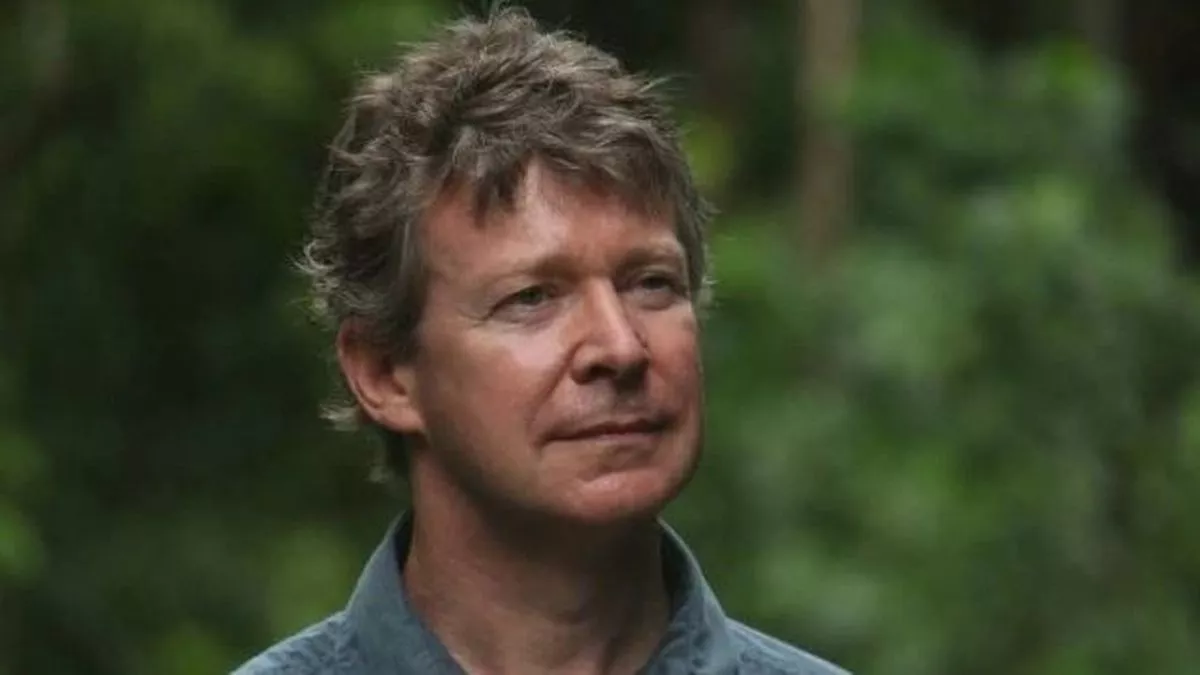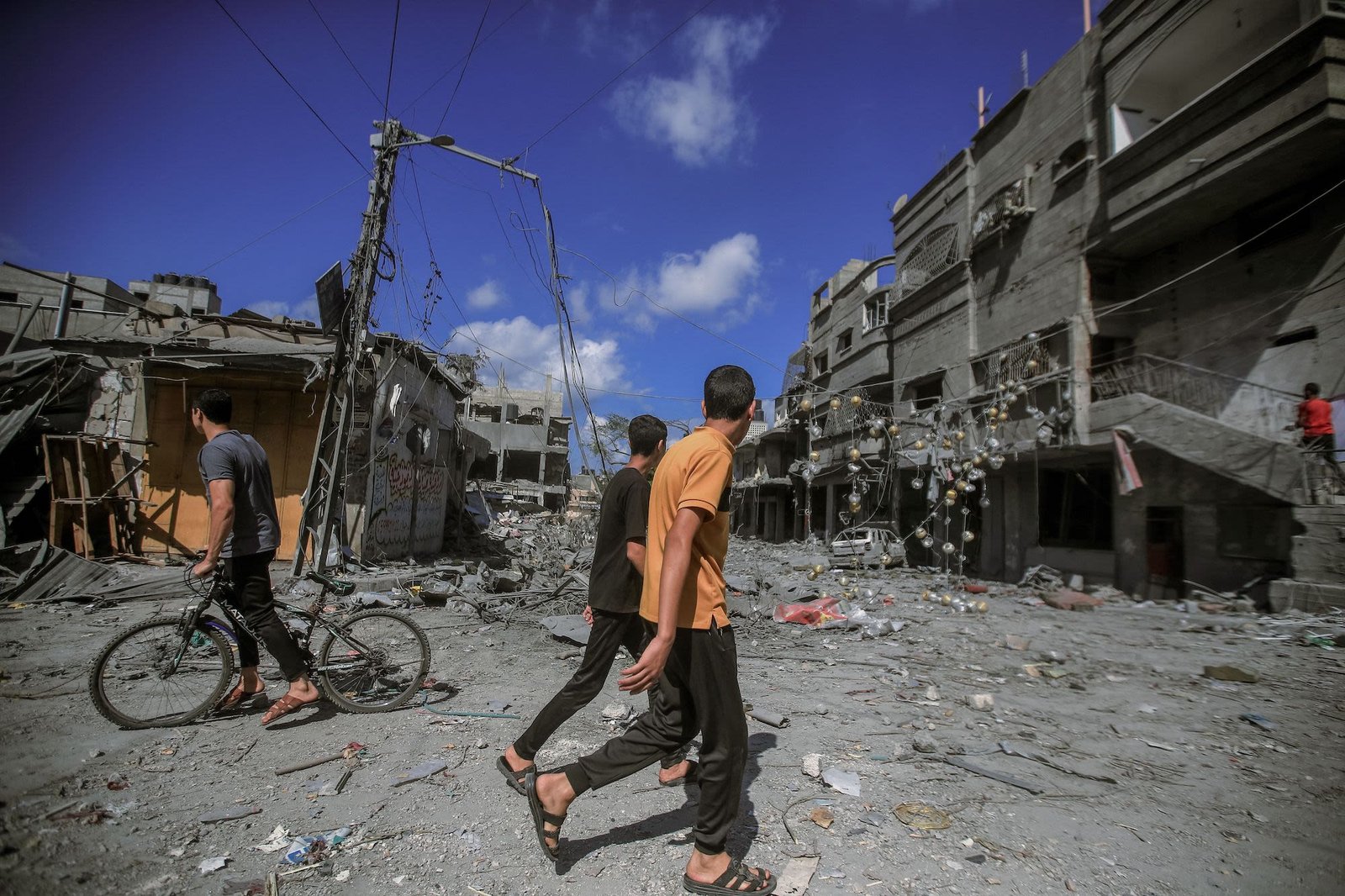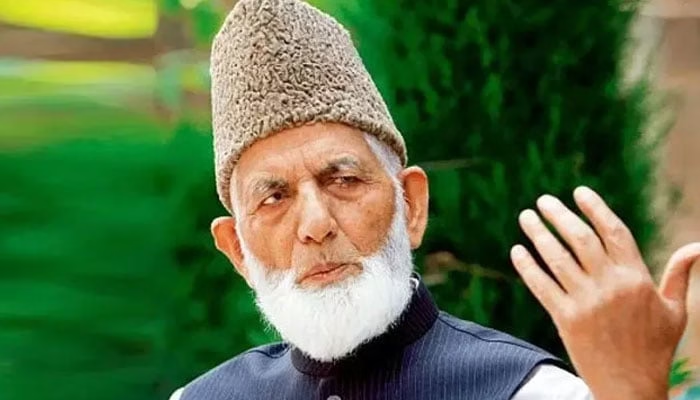A ceasefire between Israel and Hezbollah has brought a tentative end to 14 months of intense fighting, allowing displaced Lebanese residents to cautiously return to their homes in southern Lebanon. However, both the Israeli and Lebanese militaries have warned civilians to avoid certain areas due to safety concerns.
International aid organizations have welcomed the ceasefire but cautioned that Lebanon faces a long road to recovery. Over 1.2 million people remain displaced, and more than 100,000 homes across southern Lebanon, Bekaa, and Beirut have been destroyed or severely damaged, according to the International Rescue Committee.
Mercy Corps reported that half of Lebanon’s population now lives below the poverty line, urging donors to fulfill their pledges to address the immediate humanitarian needs and support long-term rebuilding efforts.
“There will undoubtedly be a great deal of grief and trauma. Many will have no homes to return to, no schools for their children, and livelihoods destroyed,” said Norwegian Refugee Council Secretary-General Jan Egeland.
Families returning from Syria, including Mariam Mawla from Bazouria, expressed relief despite the uncertainty. “I heard that there might be some damage, but no matter what, we thank God that we are returning home,” Mawla told reporters while crossing into Lebanon.
France Balances ICC Arrest Warrants with Diplomatic Relations
Amid the ceasefire, France’s stance toward Israeli Prime Minister Benjamin Netanyahu has drawn attention following the International Criminal Court’s (ICC) issuance of arrest warrants. France has pledged to respect international law but emphasized that Netanyahu benefits from immunity due to Israel’s non-membership in the ICC.
France’s Foreign Ministry underscored the “historic friendship” between France and Israel, describing both as “two democracies committed to the rule of law.” Prime Minister Michel Barnier reiterated that France would rigorously uphold its international obligations while maintaining collaborative relations with Israel.
The situation highlights the delicate balance between international justice mechanisms and longstanding diplomatic alliances in the wake of the prolonged conflict.



